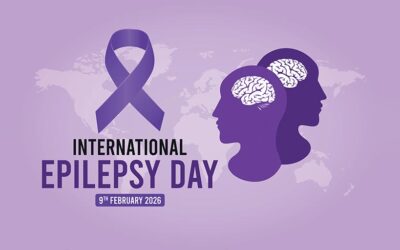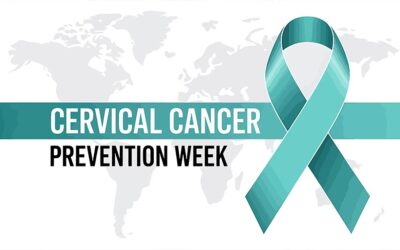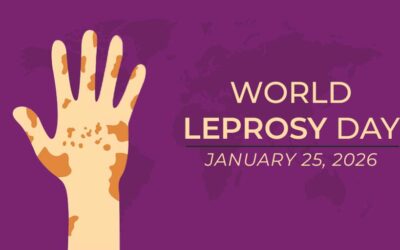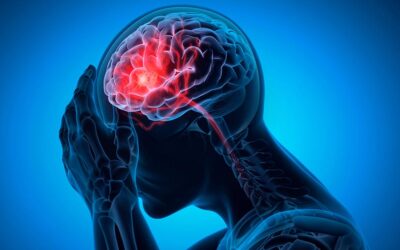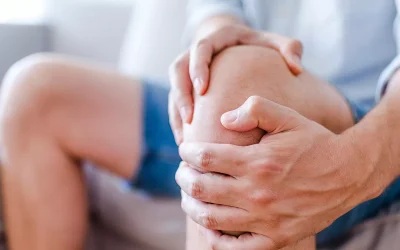The Protein Gap in Indian Diets: How Excess Carbs Lead to Pot Belly and Poor Metabolism
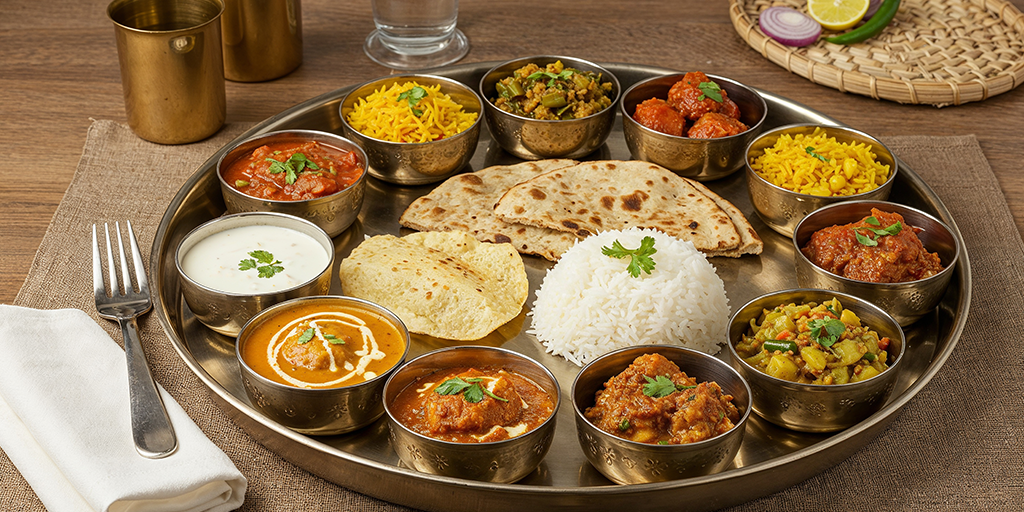
In almost every Indian household, meals comprise generous portions of rice, chapati, and potatoes – foods that are filling and familiar yet often low in protein and high in carbohydrates. According to the Indian Council of Medical Research (ICMR) and National Nutrition Monitoring Bureau (NNMB), the average Indian consumes only 0.6 grams of protein per kilogram of body weight daily, which is far below the recommended 0.8-1 gram per kilogram. This gap, known as the “protein gap”, is quietly contributing to growing fatigue, poor metabolism, and increasing waistlines among people across the country. When the body doesn’t get enough protein, it loses muscle and stores excess carbohydrates as fat, especially around the abdomen, resulting in what’s commonly called a “pot belly”.
In this article, we will discuss the protein gap in Indian diets in detail, and what can be done to restore balance through mindful eating and expert nutritional guidance.
Table of Contents
ToggleWhy is Protein Essential for Metabolic Health?
Protein plays a far greater role than just muscle building. It’s essential for nearly every process that keeps the body functioning efficiently. It forms the enzymes that drive digestion, supports hormone balance, repairs cells, and maintains lean muscle, which in turn helps regulate metabolism.
When the diet lacks adequate protein, muscle tissue gradually breaks down, reducing the body’s calorie-burning capacity even at rest. This makes it easier to gain weight and harder to lose fat, especially around the abdomen. Moreover, low protein intake can weaken immunity, slow recovery from illness, and cause persistent fatigue.
Ensuring sufficient protein intake through daily meals helps maintain energy, stabilise blood sugar, and protect long-term metabolic health, making it one of the most important nutrients for a balanced diet.
Read More: How to Boost Immunity Naturally
The Carbohydrate Trap: Why Most Indian Diets Are Unbalanced
Most Indian meals are dominated by carbohydrates, with staples such as rice, wheat, and potatoes often forming the bulk of the plate. While these foods are essential energy sources, the problem lies in their disproportionate share compared to protein and dietary fibre. This imbalance stems from long-standing dietary habits, affordability, and limited awareness about protein requirements.
Excess carbohydrate intake, especially from refined sources, causes frequent spikes and drops in blood sugar levels. Over time, this pattern encourages overeating and reduces nutrient diversity in the diet. Meanwhile, protein sources such as lentils, paneer, eggs, and fish are consumed in much smaller portions, leading to a gap in overall nutrition. The result is a diet that fills the stomach but fails to nourish the body effectively.
Low Protein Intake and its Link to Pot Belly and Poor Metabolism
When the body doesn’t receive enough protein, it starts losing lean muscle – the tissue that burns calories even at rest. As muscle mass declines, metabolism slows down, reducing the body’s ability to use energy efficiently. Excess carbohydrates that aren’t used for energy are then converted into fat, especially around the abdomen.
This abdominal or visceral fat builds up around vital organs such as the liver and pancreas, contributing to insulin resistance and increasing the risk of diabetes, fatty liver, and heart disease. Adequate protein intake helps preserve muscle, promote fat metabolism, and maintain a stable energy balance. A diet that combines protein-rich foods with complex carbohydrates and regular physical activity can help reverse these effects and restore metabolic health.
Common Signs of Protein Deficiency
Protein deficiency doesn’t appear overnight. It develops gradually, showing subtle signs that are often mistaken for tiredness, stress, or ageing. Recognising these early indicators can help prevent long-term health issues.
Some of the most common signs include:
- Persistent fatigue and weakness, even with adequate rest
- Frequent hunger or cravings soon after meals
- Hair thinning, brittle nails, and dull skin
- Loss of muscle tone or reduced strength
- Poor concentration and slower recovery from illness or injury
These symptoms suggest that the body is not getting enough protein to support essential functions such as cell repair, hormone regulation, and muscle maintenance. If such signs persist, consulting a nutrition expert or undergoing a full body check-up can help identify nutritional imbalances early and guide appropriate dietary changes.
How Much Protein Does the Body Need Daily?
The body’s daily protein requirement depends on factors such as age, body weight, activity level, and overall health. According to the Indian Council of Medical Research (ICMR), an average healthy adult needs about 0.8 to 1 gram of protein per kilogram of body weight per day. This means:
- A person weighing 60 kg requires around 48-60 grams of protein daily.
- For those engaged in physical activity, pregnancy, recovery from illness, or muscle-building, the requirement may be higher.
Read More: A Comprehensive Pregnancy Diet Chart
Unfortunately, most Indians consume far less than this recommended amount, mainly because traditional diets emphasise carbohydrates over protein-rich foods. As a result, even those who appear well-fed may be protein-deficient at a cellular level.
Ensuring that every meal contains a protein source, such as lentils, dairy, eggs, fish, or soy, helps meet daily requirements and maintains a healthy metabolism. Tracking portion sizes and including protein in snacks or breakfast can also prevent energy crashes during the day.
Protein-Rich Foods in Indian Diets and How to Pair Them Right
Meeting daily protein needs doesn’t require expensive supplements or drastic diet changes. Indian cuisine already offers a wide variety of wholesome, protein-rich foods that can easily fit into everyday meals. The key is to include them consistently, in the right proportions, and paired with complex carbohydrates for optimal nutrient absorption and metabolic health.
High-Protein Foods Common in Indian Diets
- Pulses and lentils: Staples such as moong dal, masoor dal, urad dal and chana dal are rich in plant-based protein and dietary fibre. They also provide slow-releasing energy, helping regulate blood sugar levels.
- Dairy products: Milk, paneer, curd and cheese offer complete protein with essential amino acids, along with calcium for stronger bones and better muscle recovery.
- Eggs: A complete and easily digestible protein source, eggs are ideal for breakfast or light meals and contribute to muscle strength and hormonal balance.
- Soy and tofu: Rich in all nine essential amino acids, these are excellent vegetarian options for improving muscle tone and reducing cholesterol levels.
- Chicken and fish: Lean animal proteins that provide essential vitamins such as B12 and D, supporting metabolism, tissue repair and overall cardiovascular health.
- Nuts and seeds: Almonds, peanuts, flaxseeds, and pumpkin seeds are excellent sources of healthy fats and protein. They also help maintain satiety and support heart health when eaten in moderation.
Smart Meal Pairings for Balanced Nutrition
Traditional Indian meals can naturally achieve protein-carbohydrate balance when planned thoughtfully. Pairing dal with rice, curd with paratha, or roti with paneer or tofu provides a complete amino acid profile and sustained energy release. Opting for complex carbohydrates such as millets, brown rice or whole wheat instead of refined grains further enhances digestion and prevents blood sugar spikes.
Adding vegetables rich in antioxidants (such as spinach, beans, and carrots) and healthy fats (like ghee or olive oil in small quantities) makes meals more nutrient-dense and improves the absorption of fat-soluble vitamins.
These mindful choices support stronger muscles, improved metabolism and better long-term energy balance, which are the key goals for preventing fatigue and maintaining a healthy weight.
Lifestyle Changes to Improve Protein Intake and Metabolic Health
Improving protein intake is not just about changing what’s on the plate – it also requires adopting everyday habits that support better digestion, nutrient absorption, and long-term metabolic health. Small, consistent steps can make a significant difference over time.
Key lifestyle habits to support better protein intake and metabolism:
- Include protein in every meal: Ensure each meal contains a protein source such as lentils, paneer, curd, eggs or legumes to maintain steady energy and prevent overeating.
- Opt for healthier snacks: Replace processed foods with options such as roasted chana, boiled eggs, nuts or Greek yoghurt for sustained nourishment.
- Start the day right: A protein-rich breakfast helps stabilise blood sugar levels and keeps energy consistent throughout the day.
- Stay physically active: Regular activity such as walking, yoga or light strength training helps preserve lean muscle, which is vital for efficient metabolism.
- Limit sugar and fried foods: Reducing these helps control fat accumulation and supports better nutrient absorption.
- Schedule regular health screenings: Routine full body check-ups help detect early signs of metabolic imbalance or obesity, allowing timely lifestyle modifications.
These simple habits promote long-term health by maintaining muscle strength, supporting metabolism and preventing nutritional deficiencies, forming the foundation for sustainable wellness.
How Graphic Era Hospital Supports Nutrition and Metabolic Health
At Graphic Era Hospital, care goes beyond treating illness. It’s about empowering individuals to understand their bodies and make meaningful lifestyle changes for long-term well-being. For those experiencing fatigue, weight gain, or signs of poor metabolism linked to low protein intake, the hospital offers a complete care pathway that combines advanced diagnostics, personalised nutrition planning, and continuous guidance. Here’s how the hospital helps enhance nutritional and metabolic health:
Comprehensive Metabolic and Nutritional Assessments
At Graphic Era Hospital, we begin by understanding what the body truly needs. Through full body check-ups and advanced diagnostic panels, our specialists evaluate nutrient levels, analyse body composition, and assess metabolic rate to identify the root cause of fatigue, weight gain, or nutritional imbalance.
Personalised Diet Planning and Medical Guidance
Every individual’s nutritional needs are different. Our certified nutritionists and endocrinologists work together to design customised diet plans that correct protein deficiency, improve metabolism, and support sustainable weight management.
Holistic Lifestyle Counselling
We believe long-term health comes from everyday habits. Our experts provide structured counselling on balanced diet plans, physical activity, and behavioural changes to help patients maintain results and prevent relapse.
Advanced Diagnostic and Monitoring Services
With modern imaging and metabolic testing technology, we track key health markers over time to monitor progress and detect early signs of metabolic stress. This data-driven approach ensures accuracy, safety, and measurable improvement.
At Graphic Era Hospital, the goal is not just to treat, but to transform health from within. Every patient receives compassionate, expert-driven care that strengthens nutrition, improves metabolism, and supports a healthier, more active life.
Conclusion
Bridging the protein gap is one of the most effective ways to improve overall health and metabolic balance. A diet rich in protein and balanced with complex carbohydrates helps strengthen muscles, stabilise energy levels and support long-term weight management. In India, where traditional meals are often dominated by carbohydrates, even small, consistent changes, such as including a source of protein in every meal and scheduling regular health check-ups, can make a significant difference in preventing fatigue, abdominal fat and poor metabolism.
At Graphic Era Hospital, our team of nutritionists, endocrinologists and preventive health experts empowers individuals to take charge of their health through comprehensive metabolic assessments, personalised nutrition planning and advanced diagnostic support.
To consult a nutrition expert or book a full body check-up at Graphic Era Hospital, call 1800-889-7351.
Frequently Asked Questions (FAQs)
What is the protein gap in Indian diets?
The protein gap refers to the difference between the recommended daily protein intake and what most Indians actually consume. Studies show that many people in India eat far less protein than required, leading to fatigue, weight gain, and poor metabolism.
How does a low-protein diet cause pot belly?
When protein intake is low and carbohydrate consumption is high, the body converts excess energy into fat, especially around the abdomen. This not only causes a pot belly but also increases the risk of insulin resistance and metabolic disorders.
What are the best Indian foods to increase protein intake?
Including lentils, pulses, paneer, eggs, curd, soy products, chicken, fish, and nuts in daily meals helps improve protein intake. Vegetarians can combine foods such as dal and rice or curd and paratha for a balanced protein profile.
How much protein does an adult need daily?
An average adult requires about 0.8 to 1 gram of protein per kilogram of body weight each day. For example, a 60 kg person should aim for 48–60 grams of protein daily, depending on activity level and health condition.
Can vegetarians meet their daily protein requirements?
Yes. Vegetarians can achieve adequate protein intake through foods such as pulses, soy, paneer, curd, nuts, and seeds. Combining different vegetarian foods ensures all essential amino acids are included in the diet.
What are the warning signs of protein deficiency?
Common signs include constant fatigue, weak nails, hair fall, loss of muscle tone, and frequent hunger. Persistent symptoms should be evaluated through a nutrition consultation or a full body check-up.
How can a nutrition expert help improve metabolic health?
A nutrition expert assesses dietary habits, identifies nutritional gaps, and recommends personalised meal plans that restore protein balance and support better metabolism.
Where can one get tested for nutritional or metabolic issues in Dehradun?
Comprehensive health and nutritional assessments are available at Graphic Era Hospital, Dehradun, where specialists evaluate protein levels, body composition, and metabolic function to guide personalised dietary care.
By Specialities
- Bariatric Surgery
- Cancer Care
- Cardiology
- Dental
- Dermatology
- Diabetes & Endocrinology
- Endocrinology and Diabetes
- ENT (Ear Nose Throat)
- Eye Care
- Gastroenterology
- Haematology
- Health Awareness
- Health Care
- Health Tips
- Hematology
- Hepatology
- Internal Medicine
- Mental Health and Behavioural Sciences
- Metabolic
- Neonatology
- Nephrology
- Neurology
- Nutrition & Dietetics
- Obstetrics & Gynaecology
- Oncology
- Ophthalmology
- Orthopaedics
- Paediatric
- Physiotherapy & Rehabilitation
- Plastic and Reconstructive Surgery
- Psychology
- Pulmonology
- Rheumatology
- Spine
- Urology
Recent Posts
- International Epilepsy Day 2026: A Call to End Stigma and Discrimination
- Cervical Cancer Prevention Week 2026: A Global Call to Prioritise Cervical Health
- World Leprosy Day 2026: Why Awareness is Still Important Today
- What is a Stroke: Causes, Symptoms & Treatment
- Glaucoma Awareness Month 2026 : Raising Awareness to Prioritise Eye Health
Need expert medical advice?
Share your details and our healthcare specialists will reach out to assist you.
By proceeding, you acknowledge and agree to our Privacy Policy, Terms of Use, and Disclaimer.
